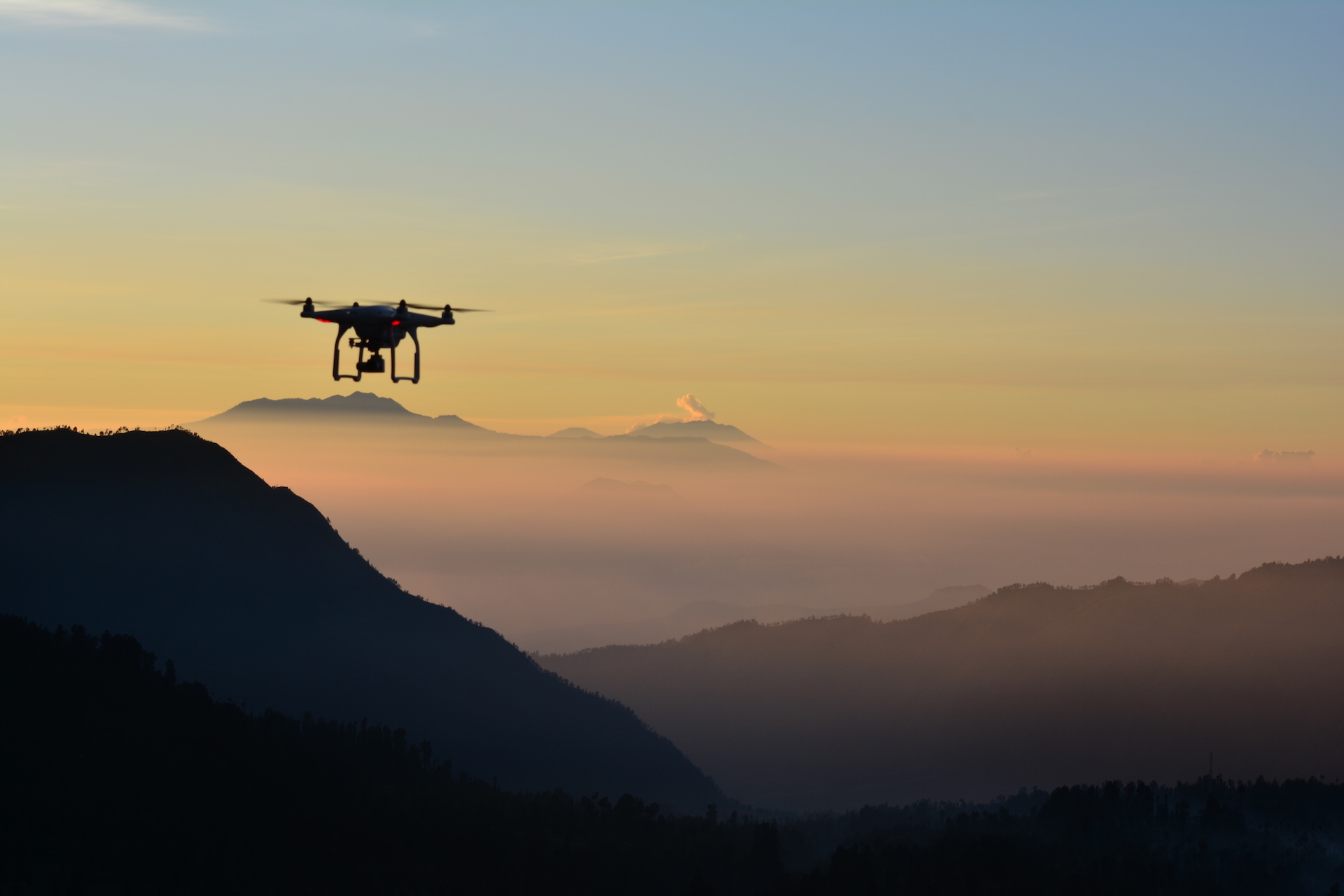

In 2015, the FAA officially announced that all owners of drones heavier than 250 grams (which is about as light as a cup of water) must be registered as “drone operators” in a national database. This, of course, startled some, as it seemed this regulation could mark the beginning of the end for freedom of use regarding hobby drones. Others felt it was a fair deal in the right direction, as we reported on last year. However, in a twist of turns, the District of Columbia circuit court of appeals overturned this legislation on Friday, May 19th, as its compatibility with a previous FAA ruling from 2012 is far from symbiotic.
The 2012 “FAA Modernization and Reform Act” rules that the FAA has no right to “promulgate any rule or regulation regarding a model aircraft”, and as Circuit Judge Brett Kavanaugh sees it, the 2015 ruling clearly interferes with this established law. He adds, “Statutory interpretation does not get much simpler. The Registration Rule is unlawful as applied to model aircraft.” Essentially, recreational drone users have been exempted from the aforementioned registry, which according to Popular Science, over 800,000 people have joined since 2015. This is something we at The Drive keep a close eye on, and an issue we regularly report on.
In a public statement issued by the FAA, they are “carefully reviewing the U.S. Court of Appeals decision as it relates to drone registrations. The FAA put registration and operational regulations in place to ensure that drones are operated in a way that is safe and does not pose security and privacy threats. We are in the process of considering our options and response to the decision.”
Groups such as the Academy of Modern Aeronautics, which aim to educate drone pilots and serve to defend the rights of recreational drone users, have reacted very positively to the overturning of the 2015 Modernization and Reform Act. According to the president of the AMA, Rich Hanson, “federal registration shouldn’t apply at such a low threshold that it includes toys. It also shouldn’t burden those who have operated harmoniously within our communities for decades, and who already comply with AMA’s registration system.”
But not all hobby groups are alike in their reaction to the overturned ruling. The Drone Manufacturers Alliance, for example, considered the previous system to provide worthwhile protection and a welcome dose of responsibility on the users’ part, according to PopularScience. “As we wait for word on whether the FAA will appeal this ruling, we hope all sides see the benefit of a reasonable and minimally restrictive form of basic regulation that has helped make drone operations in America overwhelmingly safe.”
The process of finding long-term solutions and regulations for all involved in the world of hobby and recreational drone use is still very much in-flight. As with all political discourse, there is a continuously manifested back and forth, with this latest development very much a positive for groups like the Academy of Modern Aeronautics, and a step backwards for others such as the FAA and the Drone Manufacturer’s Alliance. Time will tell, which direction the battle for control and regulation regarding hobby drone use will take. As it stands right now, however, the FAA has no legal right to ask hobby drone pilots to register with their national database.